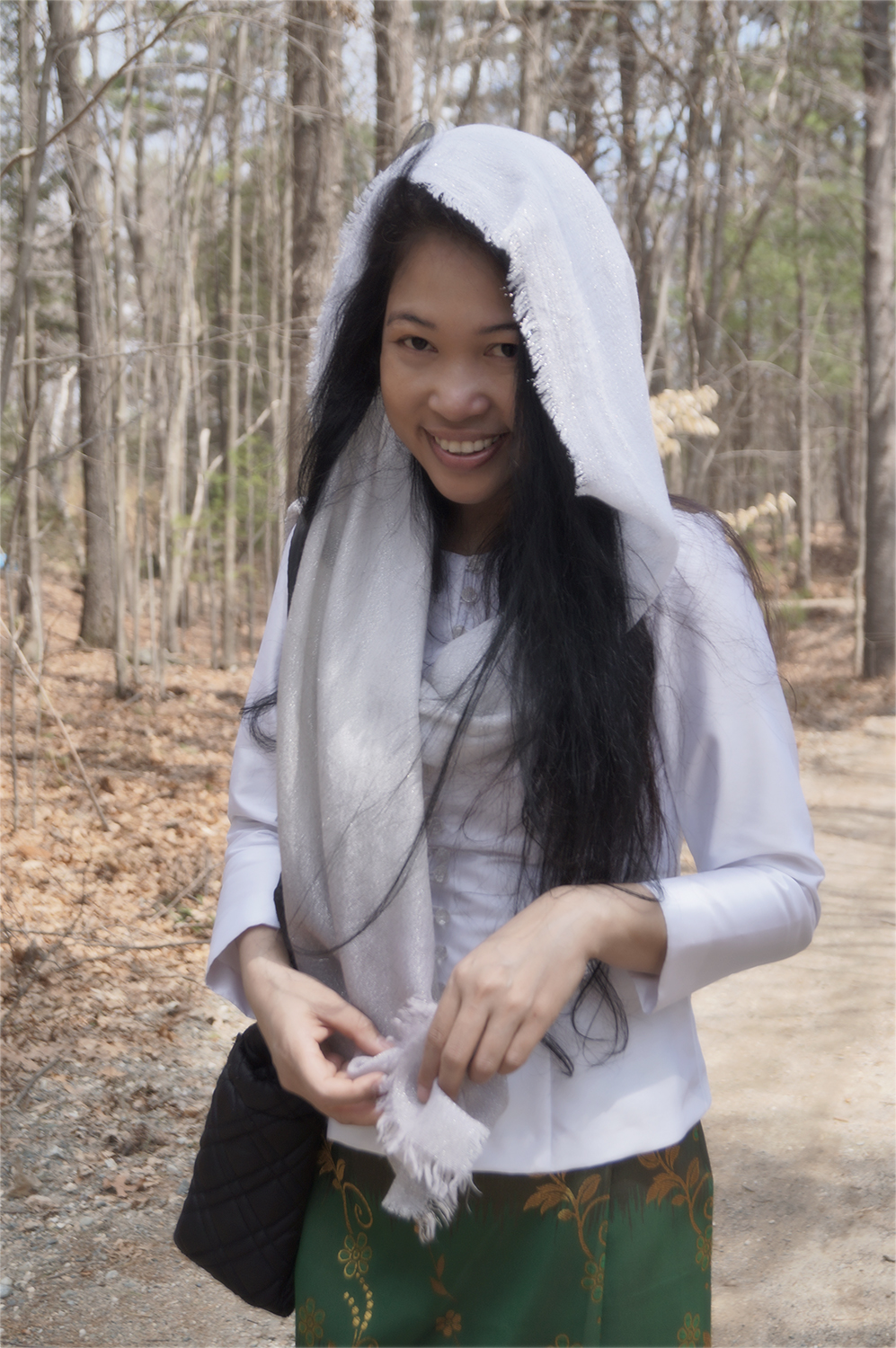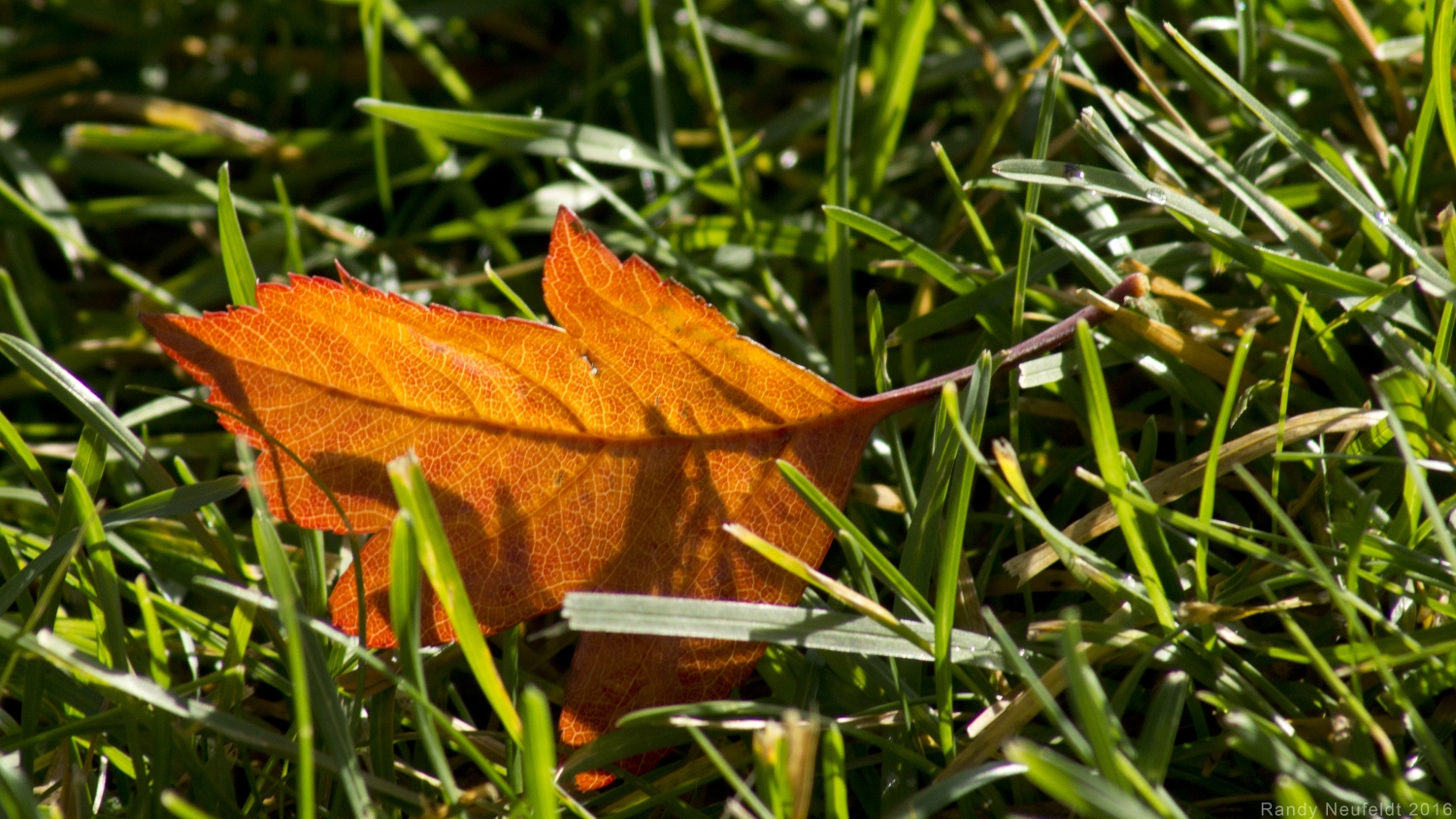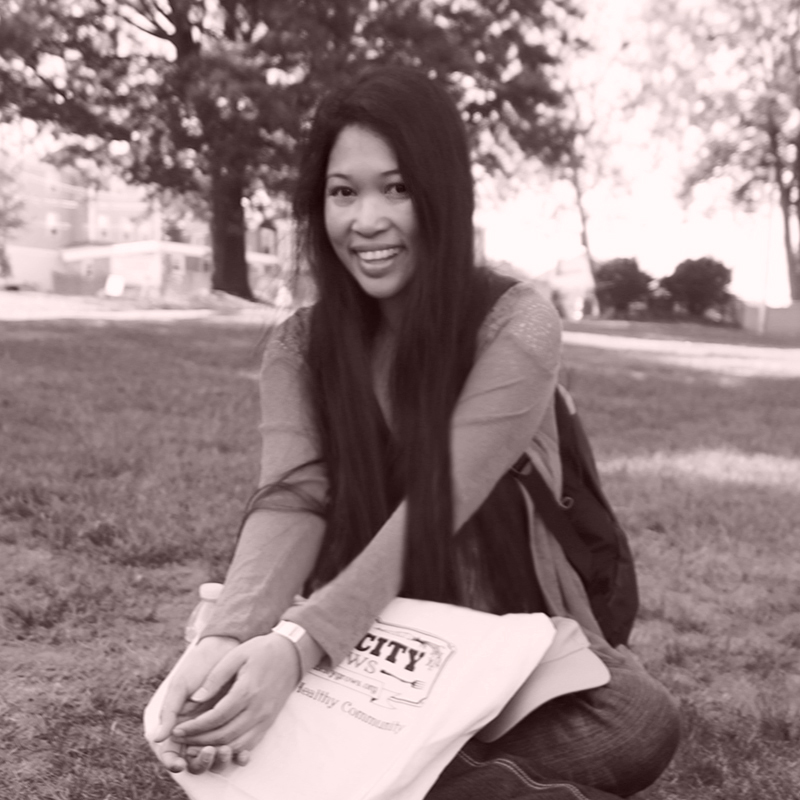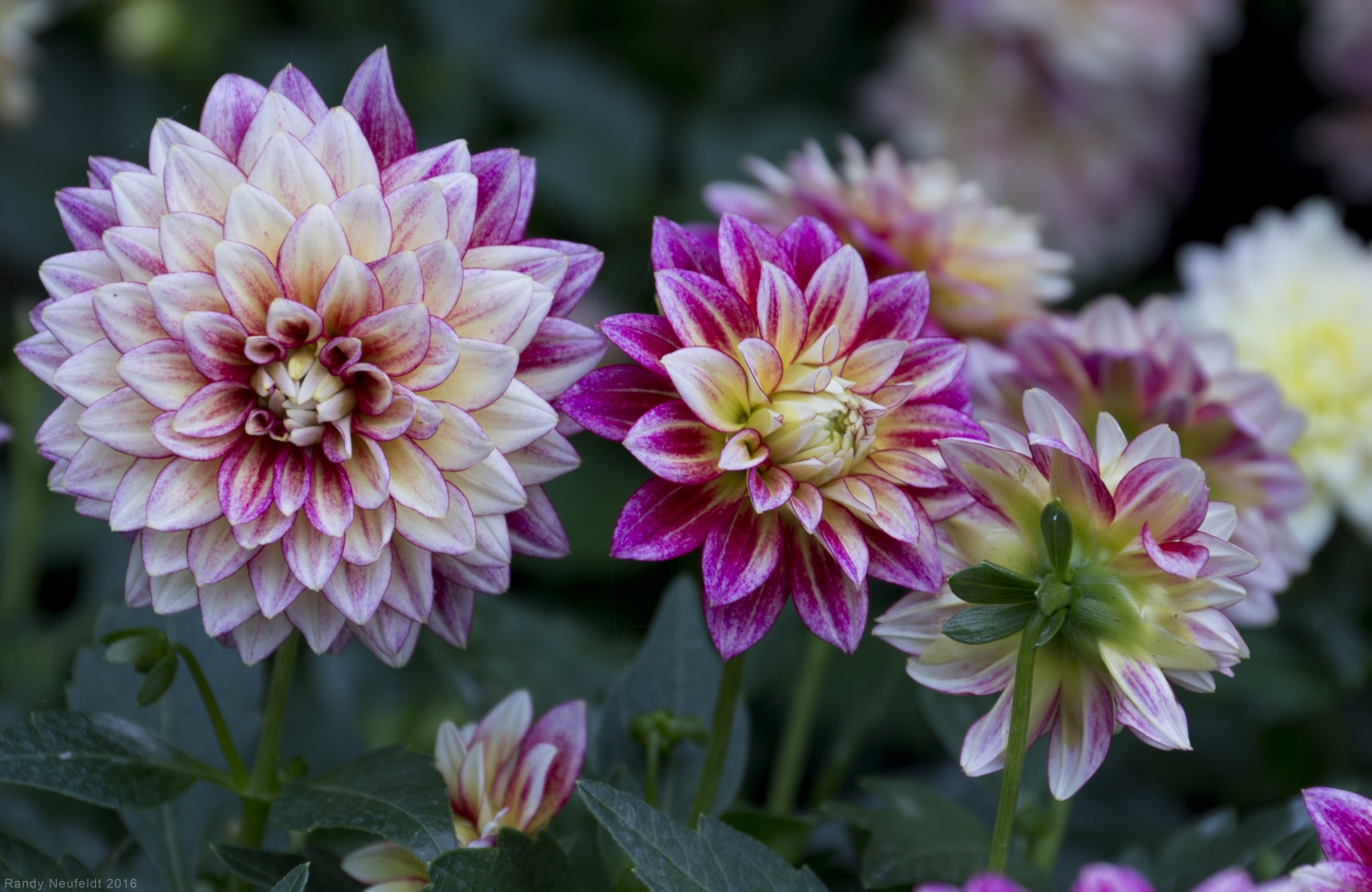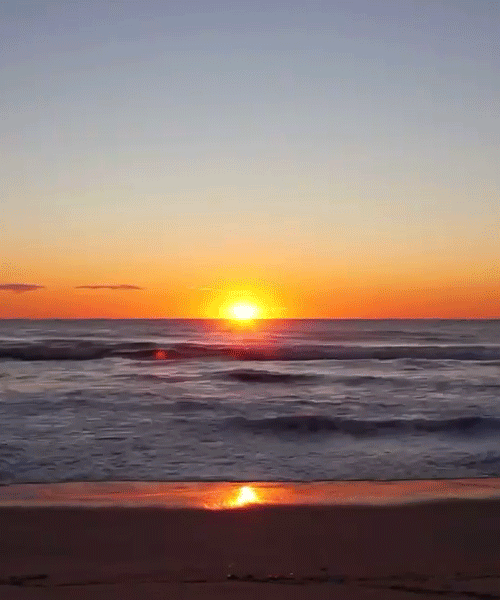-
Comment February 6, 2017
-
Criticism, like rain, should be gentle…
Comment February 5, 2017 -
Want to change the world?
Comment February 4, 2017 -
Ego, pride
Comment February 4, 2017 -
Faith Mind
Comment February 4, 2017The Third Patriarch of Zen
Hsin Hsin Ming by Seng-T’sanThe Great Way is not difficult
for those who have no preferences.
When love and hate are both absent
everything becomes clear and undisguised.
Make the smallest distinction, however,
and heaven and earth are set infinitely apart.If you wish to see the truth
then hold no opinions for or against anything.
To set up what you like against what you dislike
is the disease of the mind.
When the deep meaning of things is not understood,
the mind’s essential peace is disturbed to no avail.The Way is perfect like vast space
where nothing is lacking and nothing in excess.
Indeed, it is due to our choosing to accept or reject
that we do not see the true nature of things.Live neither in the entanglements of outer things,
nor in inner feelings of emptiness.
Be serene in the oneness of things and such
erroneous views will disappear by themselves.When you try to stop activity by passivity
your very effort fills you with activity.
As long as you remain in one extreme or the other
you will never know Oneness.Those who do not live in the single Way
fail in both activity and passivity,
assertion and denial.
To deny the reality of things
is to miss their reality;
To assert the emptiness of things
is to miss their reality.The more you talk and think about it,
the further astray you wander from the truth.
Stop talking and thinking,
and there is nothing you will not be able to know.To return to the root is to find meaning,
but to pursue appearances is to miss the source.
At the moment of inner enlightenment
there is a going beyond appearance and emptiness.
The changes that appear to occur in the empty world
we call real only because of our ignorance. -
Solitude
34 January 24, 2017Solitude is
When you do not need anyone around
And even if you are sick,
You are still happy.
Solitude is
To be wrapped in silence
By a mind unattached,
Sinking deep into a foundation of stability.
Solitude is
A clear understanding that
All of us, everything
Are just mental creations, conditioned.
Solitude is
To have abandoned the “I am” conceit,
And is free.~Venerable Sujiva
-
He who plants kindness
Comment January 24, 2017 -
Loneliness can only be healed…
Comment January 23, 2017Loneliness can only be healed by understanding and love. Sometimes we think that if we have sexual relations with someone else, we’ll feel less lonely. But the truth is that such sex doesn’t relieve the feeling of loneliness; it makes it worse. Sexuality should be accompanied by understanding and love. Without understanding and love, sex is empty. With understanding and love, sex can be holy. Source: Always Well Within | Thich Nhat Hanh
-
Our consciousness…
Comment January 23, 2017 -
The more mindful & concentrated you are
Comment January 23, 2017


